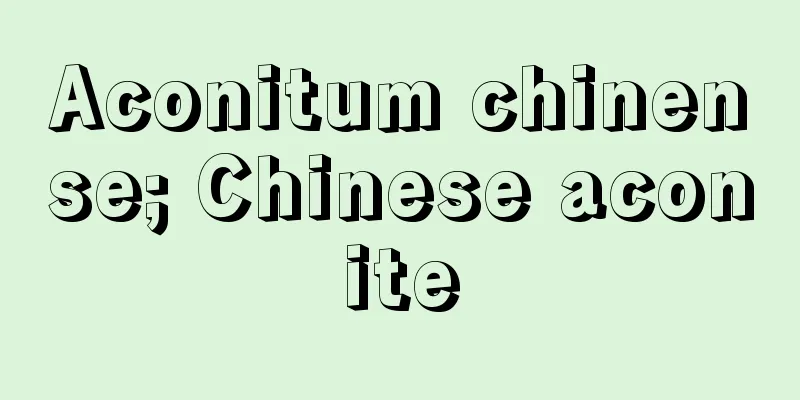Water Station

〘noun〙① A place where boats are moored. A boat dock. A water horse. A water horse. ※Ryo Gikai (718) - Stable farm "A place where the water is not distributed to the station and the horses are distributed. There are only a few boats and it is quiet and busy. There are no more than four boats at each station. There are more than two boats." [ Du Fu - Poem about Going Over the Southern Palace and Entering the Cave of the Lake]② A place where simple entertainment is provided with sake, boiled rice, etc. during the Heian period, when the dancers perform the uta (male uta) at the front garden of the Nanden Palace after finishing the uta (traditional Japanese dance) at the various places where the Emperor, the Crown Prince, the Empress, the Prince, etc. are visited and performed. It is an analogy of people traveling around various places to a train station. They also became humble about their own entertainment. ※Ribu Oki - Encho 7 (929) January "A poet steps into a poem (abbreviated) This time, it's water, (just go for a soak in hot water, and use a different vessel )" ③ The state of stopping something early without doing anything. ※Meigetsuki - Genkyu 1 (1204) January 20th "I went to the Imperial Palace on horseback, as usual, after the Imperial Baba -dono died , there was a horse race, and I left water" ④ The state of things not going well and ending poorly. It can also be used to express a feeling of regret about that. ※Sodechusho (around 1185-87) 7 "While I was in charge of the country, my general fought a battle, and the country was watered down, etc." ⑤ A person whose appearance is different from his true nature. Also, a temporary person who is unreliable. ※Azuma Kagami - Bunji 1 (1185) April 15th "Ma Yunjikyo: He is capable of telling big lies and is a man of no avail , who ...Mizu- umayamizu... [Water Station]Source: The Selected Edition of the Japanese Language Dictionary About the Selected Edition of the Japanese Language Dictionary Information |
〘名〙① 舟の停泊する所。ふなつきば。みずうまや。みずまや。※令義解(718)厩牧「凡水駅不レ配レ馬処。量二閑繁一。駅別置二船四隻以下。二隻以上一」 〔杜甫‐過南岳入洞庭湖詩〕② 平安時代の男踏歌(おとことうか)で、南殿前庭の踏歌が終わったあと、舞人たちが院・東宮・中宮・親王などの諸所を巡り歩いて踏歌をする際、酒・湯漬などを供して簡略な接待をする所。人々が諸所を巡るのを駅路にたとえていったもの。また、自分の饗応を謙遜していった。※吏部王記‐延長七年(929)正月「踏歌人踏歌〈略〉此度水駅也、〈唯進二湯漬一、又用二様器一〉」③ 何もしないで早々に事を止める様子。※明月記‐元久元年(1204)正月二〇日「騎馬参二御所一、例事訖、御二馬場殿一訖之後也、有二競馬一云々、水駅退出」④ 事がうまくいかなくて、不調に終わる様子。また、そのことを無念に思う気持がこめられる場合もある。※袖中抄(1185‐87頃)七「任国のあひだ、余吾将軍が合戦出来て、国中散々水駅云々」⑤ うわべと内実のちがう人。また、頼りにならないかりそめの人。※吾妻鏡‐文治元年(1185)四月一五日「馬允時経 大虚言許を能として、えしらぬ官好して、揖斐庄云不レ知あはれ水駅の人哉、悪馬細工して有かし」
みず‐うまや みづ‥【水駅】出典 精選版 日本国語大辞典精選版 日本国語大辞典について 情報 |
Recommend
Cylindrical clay figurine - Entoudogu
...In the later period, clay figurines began to a...
Stendhal
French novelist. His real name was Henri Beyle. H...
feeble magnetism
…Although it does not show the remarkable effect ...
Merano (English spelling)
Meran in German. A city in the foothills of the Al...
Bantam
…A town on the western tip of Java, Indonesia. Al...
Women's World - Onna no Tenka
...Chikamatsu's Joruri "Onna Goroshi Abu...
Gujarati - Gujaratigo
...The remaining 8% speak Urdu as their first lan...
Service number - utensil number
The post of the Edo Shogunate's guards. Origin...
Oishida [town] - Oishida
A town in Kitamurayama County in north-central Yam...
Kinbara Bank
…After flood control projects came under direct g...
Kibizen Tsuya - Kibi no Sakitsuya
…The Nihon Shoki contains three legends. In the e...
Chinkasai - Chinkasai
This festival is held on April 18th every year at ...
Torn gas - Torn gas
A perennial plant of the Asteraceae family. The s...
memento mori (English spelling)
…In the ancient world, where Confucius, Buddha, a...
Hermann Sudermann
German author. Born to a brewer near Heidekrug in...









